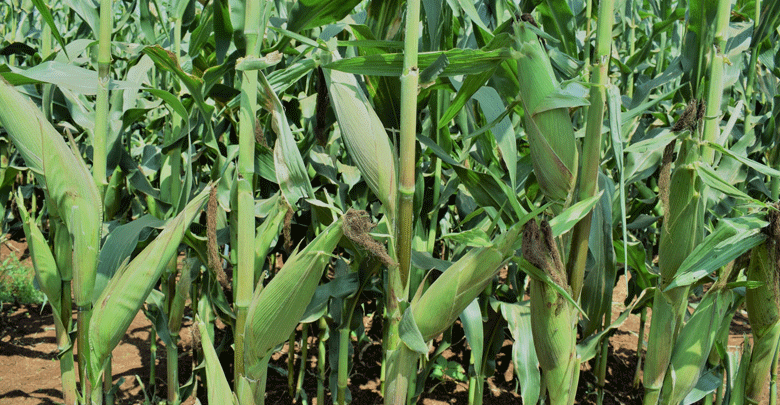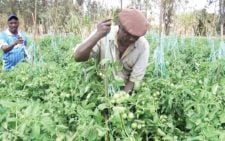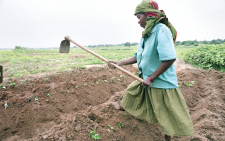Time to reflect deeply on our food system

The coronavirus pandemic continues to have major repercussions on society and economies, threatening development prospects on a massive scale.
Agriculture, the pillar and driving force of Africa’s and indeed Kenya’s goal of structural transformation has been hard-hit, setting back decades of progress in curbing extreme poverty and underdevelopment.
Recovery efforts and the re-building of resilient food systems should reflect on systemic issues in agriculture exacerbated by the Covid-19 crisis.
Before the pandemic, almost 690 million people or 8.9 per cent of the global population were undernourished. If the trend continues, the figure will rise to 880 million by 2030.
The Food and Agriculture Organisation State of Food Security and Nutrition 2020 report warns that we are off-track to achieving the commitment to end hunger, food insecurity and malnutrition by 2030.
Experts say the situation may get worse unless African governments take unprecedented action.
Kenya must improve on the building blocks necessary for a deeper debate on the connection between agriculture and sustainable development.
There is an opportunity to change the people’s lives through increased productivity and enhanced agribusiness that connects smallholder farmers to national, regional and global value chains.
Smallholders, who contribute around 80 per cent of African agricultural production have been overlooked and neglected.
Policy makers must place the last first through what socio-economic analysts call “reverse pyramid base strategy”.
We can unlock the vast potential for socio-economic growth, alleviate poverty and achieve prosperity for millions of citizens, based on responsible investments in agriculture and food systems.
The global community is looking forward to the most important forum on the transformation of the world food system this century.
UN Secretary-General António Guterres will in September during the General Assembly convene the Food Systems Summit as part of the Decade of Action to achieve the Sustainable Development Goals (SDGs) by 2030.
A few days before the meeting, Kenya will host the African Green Revolution Forum, which brings together key players in Africa’s agriculture sector.
The historic UN Summit will launch bold new actions to deliver progress on all 17 SDGs, each of which relies to some degree on healthier, more sustainable and equitable food systems.
“Food system” (activities involved in producing, processing, transporting and consuming food) touch every aspect of human existence – the health of our bodies, our environment, our economies and our cultures.
Too many of the world’s food systems are fragile, unexamined and vulnerable to collapse, as millions of people around the globe have experienced first-hand during the Covi19 crisis.
When food systems fail, the resulting disorder threatens education, health and economy, as well as human rights, peace and security. It is a crucial moment for the world’s food systems.
Hunger has been on the rise since 2015, and three billion people currently cannot afford healthy diets.
Food systems are placing unsustainable demands on the world’s water and energy resources and contributing a hefty share of greenhouse gas emissions.
However, all these trends were well underway long before Covid-19. Particular focus should be on smallholders and members of marginalisd and vulnerable groups.
That means respecting, protecting and promoting human rights including the progressive realisation of the right to adequate food in the context of national food security.
All stakeholders – states, inter-governmental organisations, financial institutions, research centres, private sector, civil society and consumer organisations must be involved. — albertoleny@gmail.com















